News
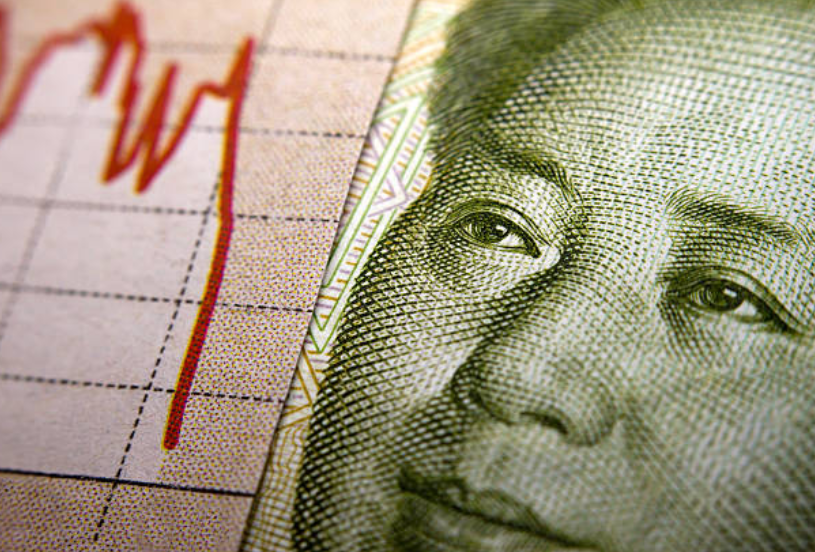
Economic crisis in China
Is China in danger of an economic crisis?
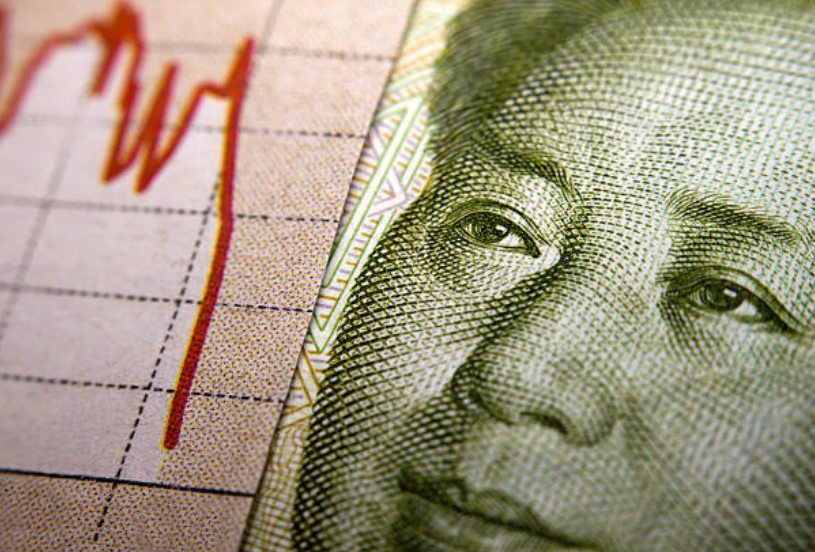
It's no coincidence that the websites of our Western banks are broadcasting reassuring news about China, because they obviously have no interest in an economic earthquake there. But China - and we're forgetting this because of its spectacular economic take-off - is still a dictatorship, a totalitarian regime that has only just got rid of socialism. This enabled the country to emerge from poverty, while retaining the Communist Party's monopoly on both political and economic life, and naturally on people's consciences, which is the hallmark of totalitarian regimes.
It's easy to forget, but we're suddenly reminded of this fact when we see how it has just stopped publishing several hundred statistics, making it difficult for foreign commentators to keep up with the country's economic situation.
Nevertheless, we're going to try to take a snapshot of the situation, as if to parallel the American situation. It will be recalled that in the midst of the election campaign, at the end of last year, we pointed out the structural, and not just cyclical, problems that the future president would have to tackle: inequality, poverty, public health, indebtedness, deindustrialization, etc., and it is against this backdrop that we attempt to explain the harsh economic policy adopted by Mr. Trump.
Let's take a look at China. It's clear that growth has fallen to 3% at most, even if the regime is betting on 5%, a target we don't believe in. We had already stressed the seriousness of the real estate crisis for at least two years, in that it was fraught with consequences. China, which has followed an overly mercantilist policy - that is, basing all its prosperity on foreign trade fuelled largely by social dumping- is obviously exposed to Mr. Trump's threats of deglobalization.
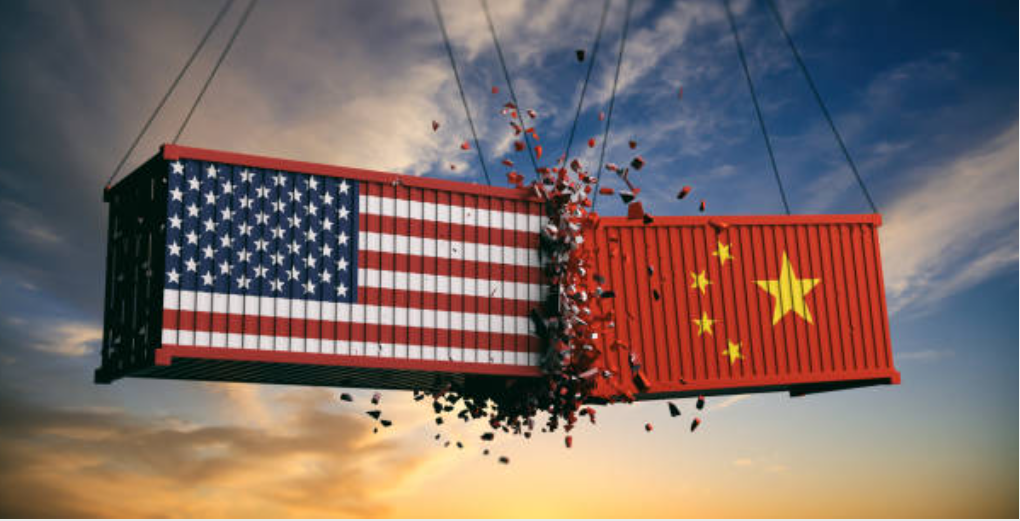
It should also, and was already thinking about this before Trump, reorient its economy towards domestic activity, and what is this domestic activity ? The banks that lent a lot of money for real estate construction, which we know led to a bubble - 30% of GDP, yes, 30%! - are afraid to commit their remaining capital. Mr. Jinping would like to redirect them towards high-tech manufacturing, but what's the point if the United States closes or almost closes its borders?
So, what about selling this production to the domestic market? But as the population ages, it prefers to accumulate capital for retirement. It had counted on real estate, and we know the disappointment that followed. So, faced with the fear of tomorrow, the Chinese are reducing their consumption, at the very moment when the powers that be expect them to consume what the Americans will no longer be able to consume as much.
And with youth unemployment at over 20%, consumption is not about to take off again.
As a result, China's economy is at an impasse. And Trump's policies are making matters worse, since America is no longer going to increase its deficits for his benefit. Then there's the European Union, which has no sovereignty policy, but is also sick.
So, despite what our banks may say, we can expect a lasting economic crisis in China.
Read also
The post China's economic crisis appeared first on ESCI.









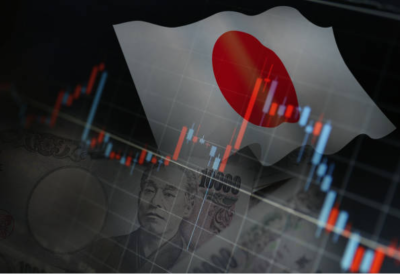

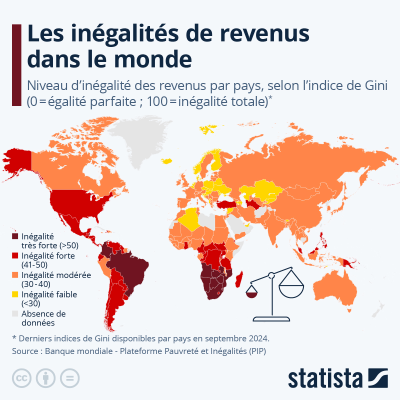


No comment
Log in to post comment. Log in.